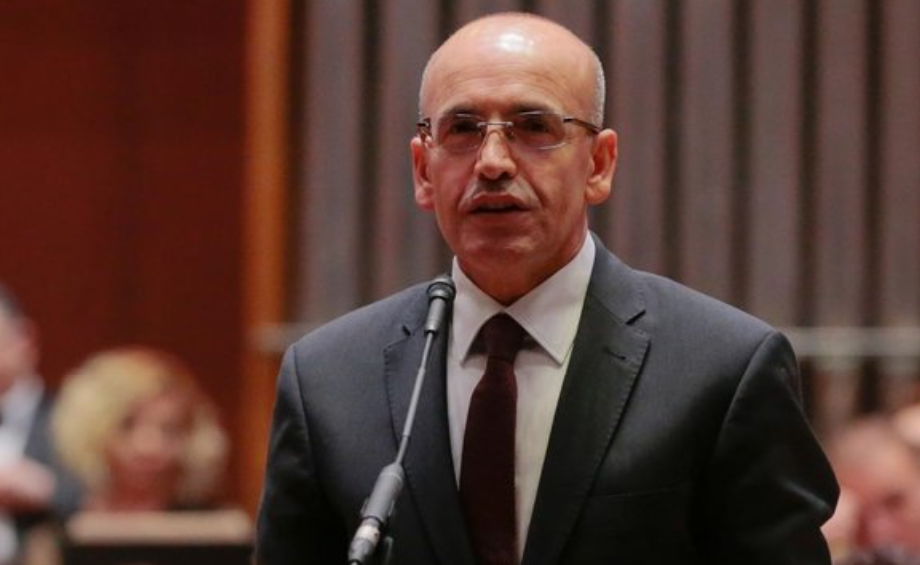“Inflation is high but is moving in line with the economic program”, Treasury and Finance Minister Mehmet Şimşek has said, adding that under the current expectations, the decline in inflation will continue. He vowed to keep monetary policy tight until disinflation is achieved, while promising tight fiscal policy as well as structural reform to trim current account deficits.
Yet, what was probably his keynote address to the people of Turkey for 2024 was “lost in translation”, as his comments regarding the direction of global monetary conditions were interpreted to refer to Turkey.
“The monthly inflation has started to decline, while the decline in annual inflation will accelerate in the second half of the year,” Şimşek said at an event organized by the Independent Industrialists and Businessmen’s Association (MÜSİAD).
The monthly increases in the headline and core inflation are in line with the targets set out in the medium-term program, the minister added.
Unemployment is declining, the economic growth, which was strong in 2023, will slow in 2024, Şimşek said.
In the medium-term program, the government forecast the GDP growths for 2023 and 2024 at 4.4 percent and 4 percent, respectively.
“We will move from a tighter monetary policy to a looser monetary policy in 2024,” Şimşek said.
The main targets are to achieve price stability and fiscal discipline and lower the current account deficit to a manageable, sustainable level, the minister added.
The annual consumer price inflation accelerated from 61.98 percent in November to 64.77 percent in December. The month-on-month increase in consumer prices, however, slowed from 3.3 percent to 2.93 percent.
Building up of reserves will reduce volatility in foreign exchange rates, boost resilience to financial shocks and lead to a decline in risk premium, he said, noting that the Central Bank’s reserves have increased by $47 billion since May 2023.
The fiscal policy is also largely supporting disinflation, Şimşek said.
“Monetary policy alone is not enough. We need to support both competitiveness and disinflation by increasing productivity and reducing unit costs through structural reforms,” he added.
Simsek’s comments about the direction of monetary policy was misconstrued by the Turkish press, which claimed tight monetary policy will be over soon. Afterwards, Simsek felt the need to clarify the confusion in his X formerly Twitter account:
The sentence “We will evolve from a tight monetary policy to a looser monetary policy in 2024”, which I used in the section where I explained the global economic outlook, was misunderstood by some or was diverted from its purpose and taken in different directions.
The expression I used clearly expresses “the global monetary policy stance in which global financial conditions will be more supportive in 2024”.
In the Turkey section of the presentation, I clearly stated that monetary policy is under the responsibility of the Central Bank and that monetary tightening will continue until inflation is anchored.
So, there!
Follow our English language YouTube videos @ REAL TURKEY: https://www.youtube.com/channel/UCKpFJB4GFiNkhmpVZQ_d9Rg
And content at Twitter: @AtillaEng
Facebook: Real Turkey Channel: https://www.facebook.com/realturkeychannel/
